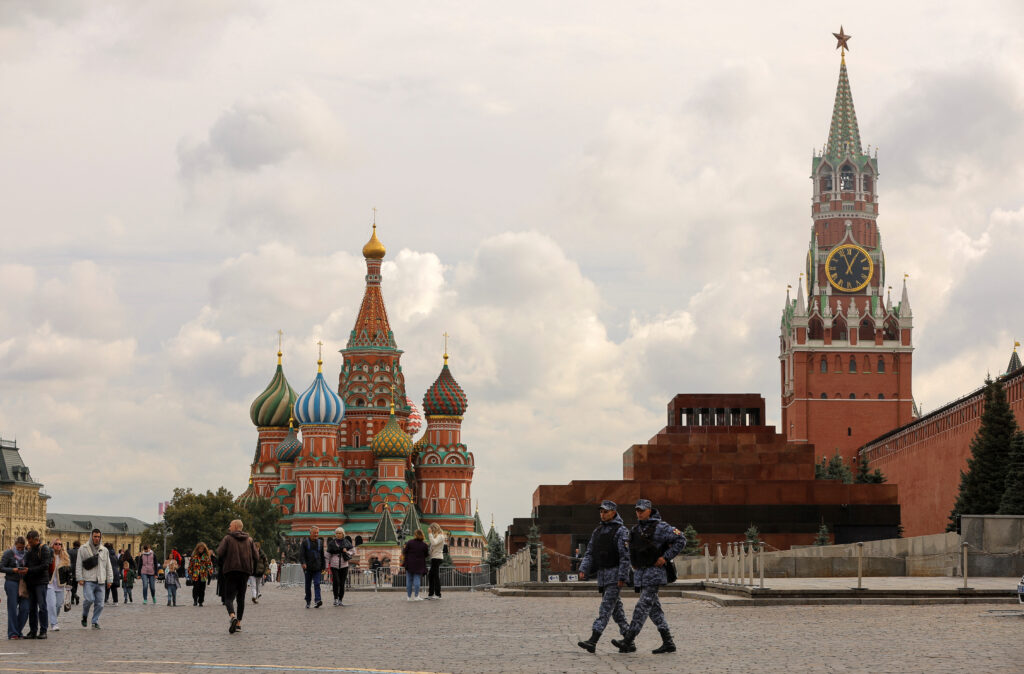(Investing) – MOSCOW – Sweeping U.S. sanctions on Russia’s oil industry will make it more expensive for Moscow to sell its oil and complicate sea-borne crude exports due to restrictions on tankers, analysts and traders said on Monday.
U.S. President Joe Biden’s administration unveiled the measures targeting Russia’s oil and gas revenues on Friday, in an effort to give Kyiv and Donald Trump’s incoming team leverage to reach a deal for peace in Ukraine.
The United States has until now been wary of spooking global oil markets and Russia has successfully evaded Western sanctions on its oil – such as the oil price cap imposed by the Group of Seven countries in 2022 – and selling vast volumes to China and India.
However, the new sanctions target traders, insurers and 183 vessels in the so-called shadow fleet which have allowed the world’s second largest oil exporter to get its oil to global markets.
Oil prices have climbed by about 6% since Jan. 8, surging on Friday after the latest sanctions were introduced. [O/R]
The Kremlin said that the sanctions risked destabilising global markets, and Moscow would do everything possible to counter them.
“It is clear that the United States will continue to try to undermine the positions of our companies in non-competitive ways, but we expect that we will be able to counteract this,” Kremlin spokesman Dmitry Peskov said.
“Such decisions cannot but lead to a certain destabilisation of international energy markets, oil markets. We will very carefully monitor the consequences and configure the work of our companies in order to minimise the consequences of these … illegal decisions.”
Lyudmila Rokotyanskaya of Moscow-based BCS brokerage, said the new sanctions will likely be quite efficient for at least a few months and lead to a material decline in Russia’s sea-borne oil exports and a rise in the Urals discount.
She said Russia’s shadow fleet, which deploys various techniques to bypass international sanctions, including the price cap, amounts to 800 tankers.
“That capability will be partially limited,” she said in a note.
Russia’s leading tanker group Sovcomflot, which was already on the sanctions list issued by Washington last year, also saw more of its tankers included in the fresh restrictions.
“I think that within three to six months companies will find a way out of the situation, but the short-term prospects are a cause for concern,” a trader in Russian oil said.
ING bank also said that decline in overall Russian crude oil exports could be limited.
“Some buyers may choose to ignore these sanctions, and Russia may also rely more heavily on those tankers in the shadow fleet that are not sanctioned to continue the trade,” it said.








